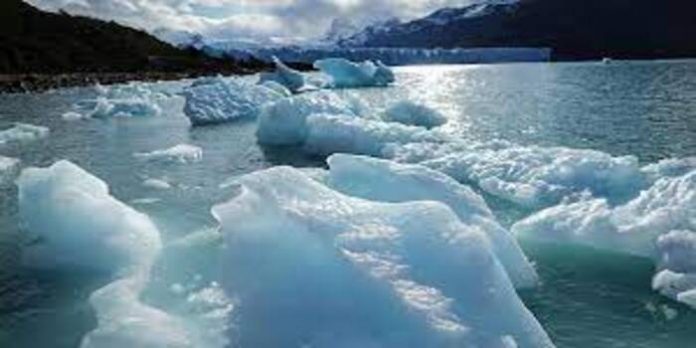The world’s glaciers are melting at an accelerating rate, according to a comprehensive new study. A French-led team assessed the behaviour of nearly all documented ice streams on the planet. The researchers found them to have lost almost 270 billion tons of ice a year over the opening two decades of the 21st Century.
The meltwater produced now accounts for about a fifth of global sea-level rise, the scientists tell Nature journal. The research published on Wednesday in the science journal Nature provides one of the most wide-ranging overviews yet of ice mass loss from about 220,000 glaciers around the world. Using high-resolution imagery from NASA’s Terra satellite from 2000-2019, a group of international scientists found that glaciers, with the exception of the Greenland and Antarctic ice sheets which were excluded from the study, lost an average of 267 gigatons of ice per year. A gigaton of ice would fill New York City’s Central Park and stand 341 metres (1,119 feet) high. The researchers also found that glacier mass loss accelerated. Glaciers lost 227 gigatons of ice annually from 2000 to 2004, but that increased to an average of 298 gigatons each year after 2015. The melt was significantly impacting sea levels by about 0.74 millimetres a year, or 21 percent of overall sea-level rise observed during the period.






















